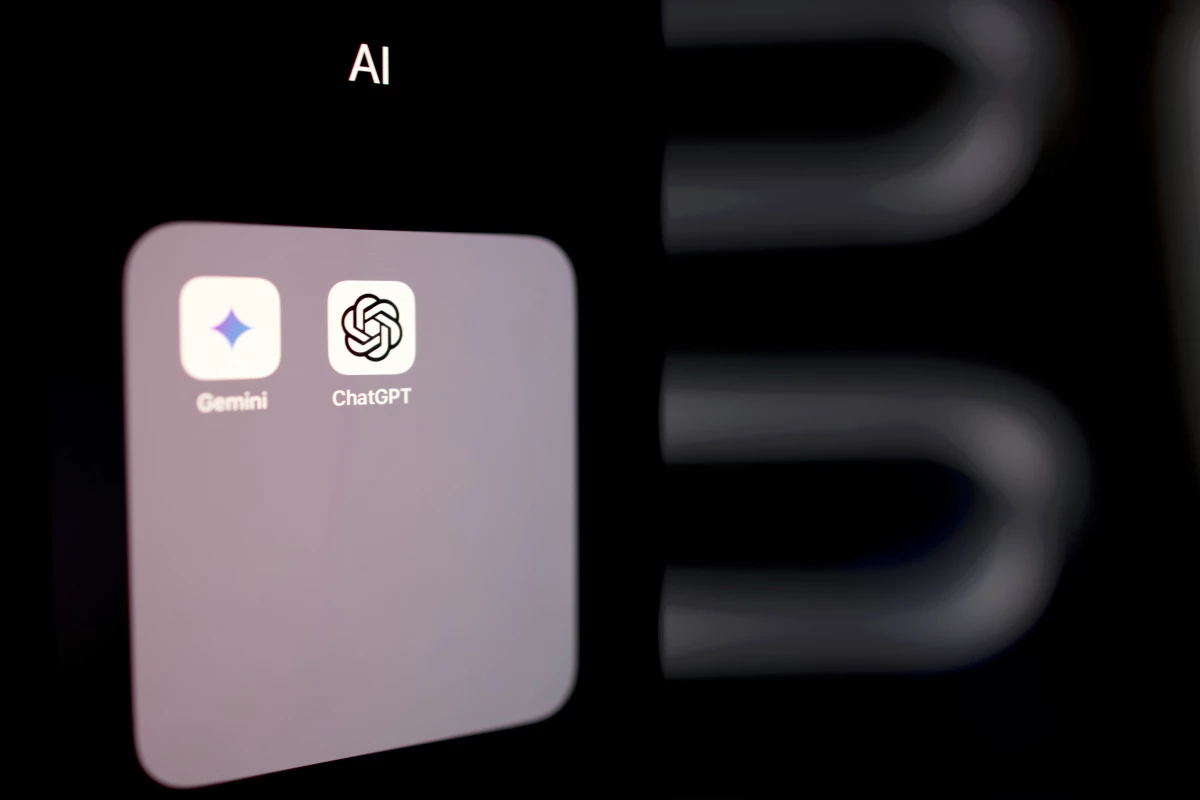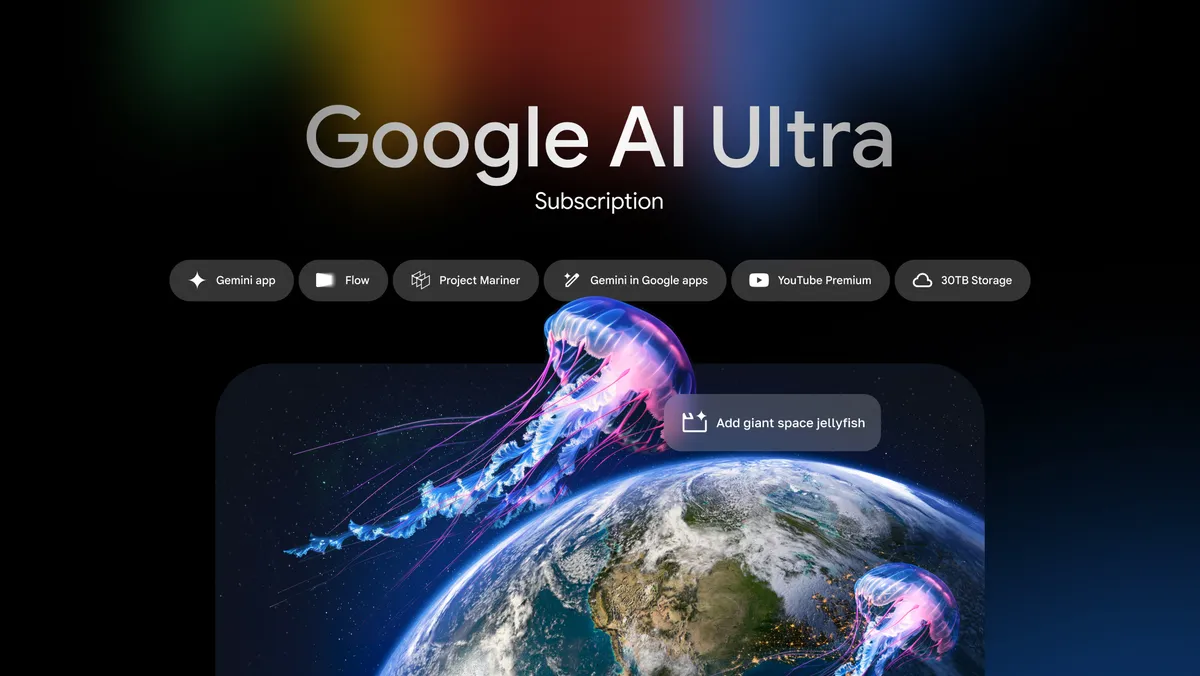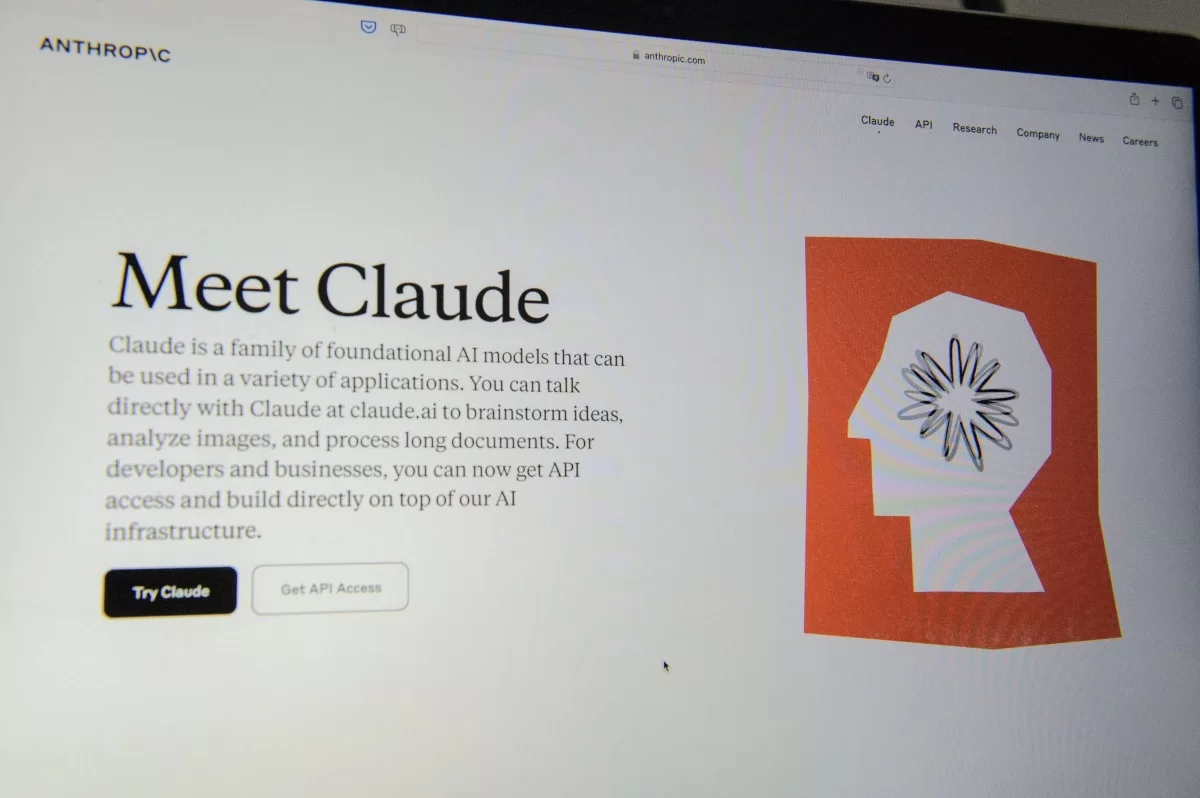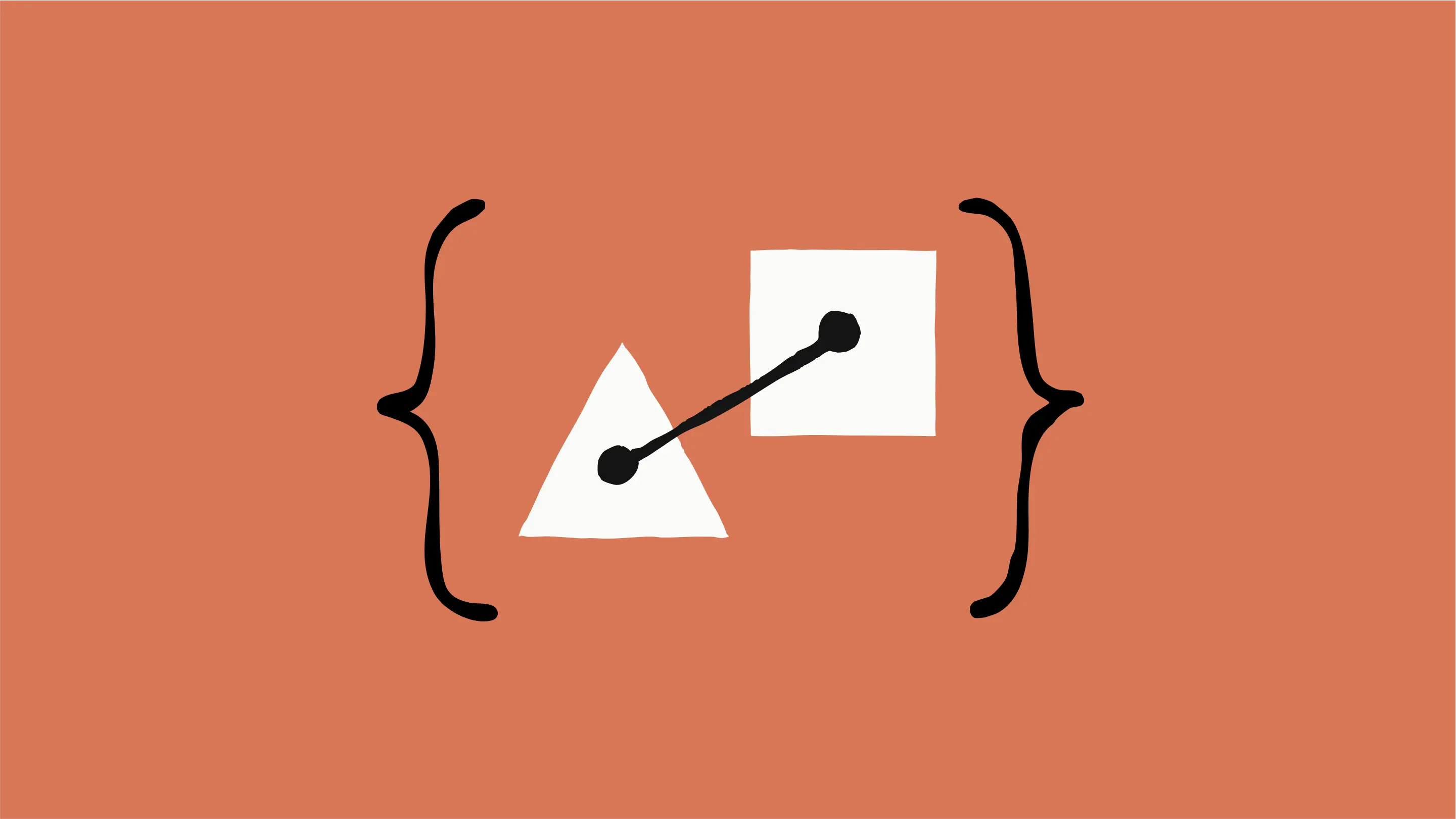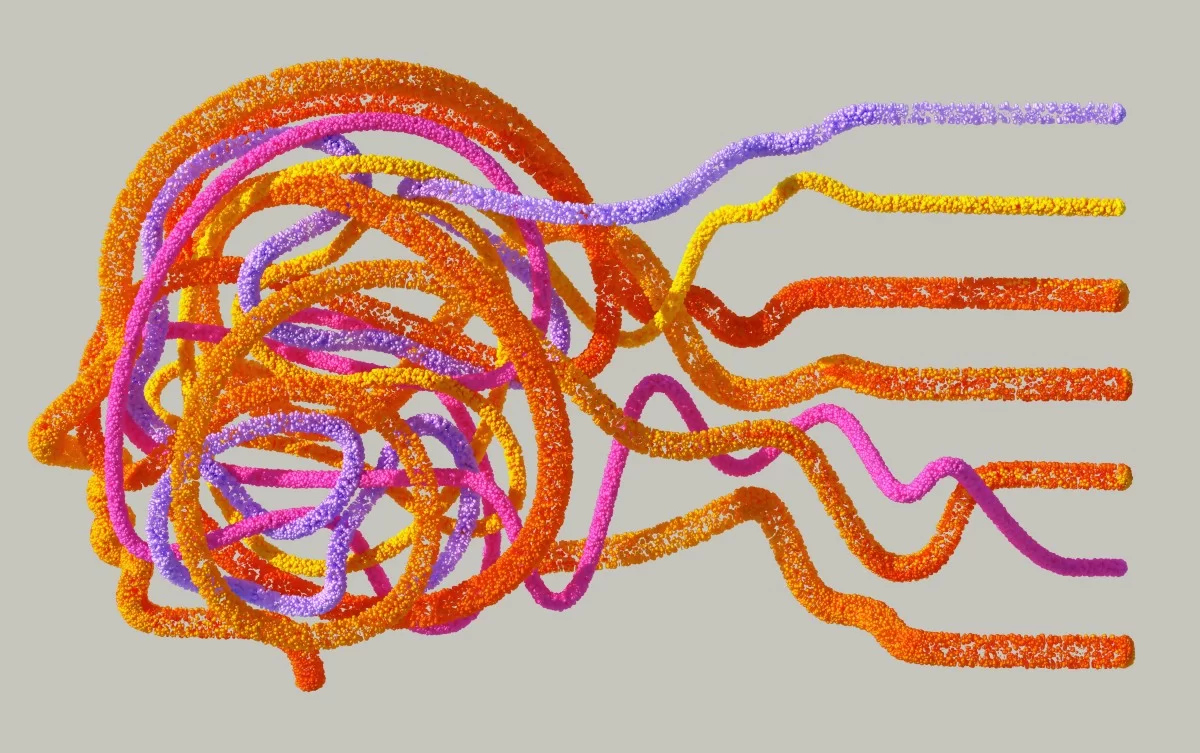
Google continues to influence our daily lives and digital experiences with noteworthy advancements in artificial intelligence technology. In this article, we will examine Google's latest AI technologies and services in detail, and explore their remarkable features.
The Evolution of Google's Chatbot AI: From Bard to Gemini
Google's AI development process is clearly evident in chatbot technology. In March 2023, Google launched 'Bard' based on LaMDA (Language Model for Dialogue Applications). Bard focused on natural conversation and information provision, but its multimodal capabilities were somewhat limited.

In December 2023, Bard was rebranded as 'Gemini'. Gemini represented more than just a name change, showcasing a fundamental shift in Google's approach to AI technology. Gemini has the following characteristics.
- A multimodal AI that can understand and process various formats of data including text, images, audio, and code.
- Various versions are available, including 'Gemini Ultra' and 'Pro', with Ultra capable of handling tasks that are more than 10 times larger and more complex than Pro.
- Google Assistant has been integrated for use across various devices including mobile apps, and its connectivity with the Google ecosystem (search, calendar, smart home, etc.) has been strengthened.
Subsequently, Google released an advanced version called 'Gemini Advanced with Ultra 1.0', providing more powerful AI tools to professionals and advanced users. This model is based on Ultra 1.0, one of the most sophisticated large language models developed by Google, and includes more advanced features than the regular Gemini, such as complex logical reasoning, advanced coding support, and information integration across multiple documents. Gemini Advanced particularly targets users who need sophisticated work environments, including researchers, creators, and developers.
DeepMind and YouTube's Music AI Innovation Project
DeepMind, a research laboratory under Google specializing in artificial intelligence research and development, is famous for developing 'AlphaGo', the AI that defeated world Go champion Lee Sedol in 2016. DeepMind is also conducting notable research in the field of music generation AI.
Lyria: High-Quality Music Generation Model
Lyria is a cutting-edge music generation AI model developed by Google DeepMind that can create high-quality music including multi-tracks and vocals using only text prompts. This model is integrated into Google's music creation tools such as 'MusicFX DJ' and 'Music AI Sandbox', helping both producers and general users create music more easily. Lyria learns music theory, structure, and rhythm to enable professional musical compositions rather than simple repetitions, and users can generate music automatically by simply entering lyrics, genre, mood, and other elements.
Google is experimentally releasing this technology through the Soundwave Project, and is collaborating with actual musicians to research how AI can expand creativity as a creative tool. This approach is becoming an opportunity to unlock AI's creative potential not only for amateurs but also for professionals.
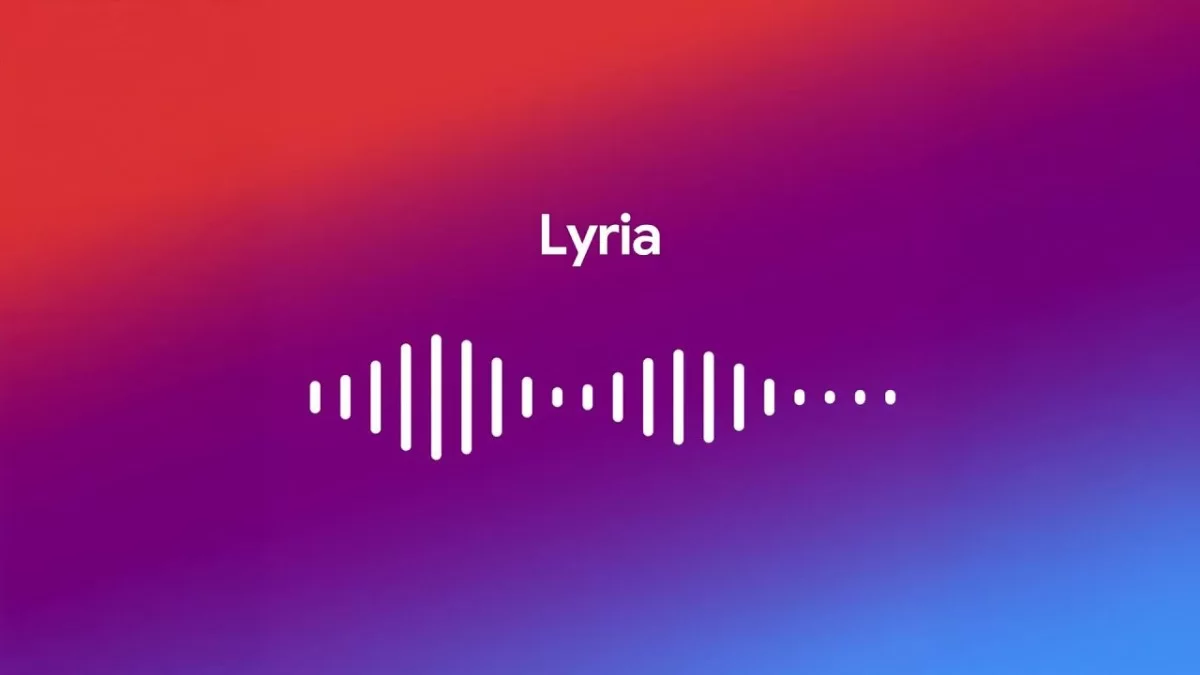
Dream Track: Music Generation Based on Artist Voice
Dream Track is a pilot project currently being tested with a limited number of creators on the YouTube Shorts platform. It automatically generates music clips that recreate the voice style of real artists when users input prompts. This technology is based on Lyria, but is specialized to precisely mimic specific artists' vocal tones, pronunciation habits, and emotional expressions.
Dream Track was developed through collaboration with real artists like Charlie Puth, Troye Sivan, John Legend, and others, with their voice data being used for AI training in ways they've pre-approved. As a license-based ethical generative model, it's designed to allow creators to borrow artists' styles for creative works, similar to fan art.
Orca: Undisclosed Advanced Music AI Tool
Orca is a private advanced music AI tool jointly developed by DeepMind and YouTube, known to have more powerful and intuitive music generation capabilities than Dream Track and Lyria. Orca is equipped with the ability to automatically generate and arrange entire music including melody, harmony, and vocal style, and is said to have implemented natural music quality that would surprise even professional musicians.
However, Orca has not yet been released to the public due to copyright issues. Beyond merely imitating an artist's vocal style, AI-generated music can be excessively similar to original works or pose potential legal disputes, so Google is continuing to conduct internal legal and ethical reviews.
NotebookLM: AI-based Research and Note-taking Tool
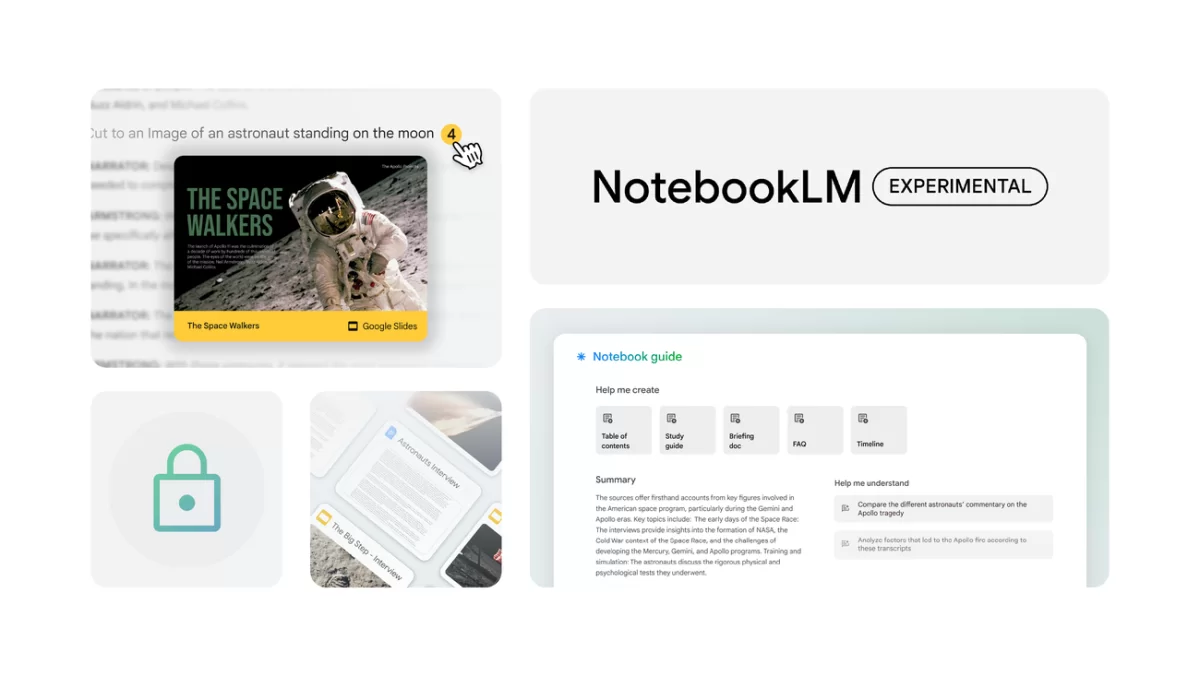
NotebookLM is Google's AI-based note-taking and research tool, built on the Gemini 1.5 Pro model. This service, launched in July 2023, offers the following features.
- AI analysis of user-uploaded documents (PDF, DOCX, TXT, etc.)
- Document-based Q&A, automatic summarization, idea exploration features
- Note Writing, Organization, and Research Activity Support
- Providing answers with contextual understanding, not just simple keyword searches
- Web page URL input feature to retrieve content
Additionally, NotebookLM offers a unique feature called 'Audio Overviews' that summarizes document content in podcast-style audio. This allows busy users to quickly grasp documents by 'listening' to them.
NotebookLM Plus is the premium version of this service, offering higher usage limits and additional features (e.g., uploading more documents, advanced analysis, etc.). NotebookLM is being utilized in various fields such as research, paper analysis, report writing, organizing lecture materials, and is bringing innovation to learning and knowledge management.
AI Overviews: AI Summary Feature of Google Search
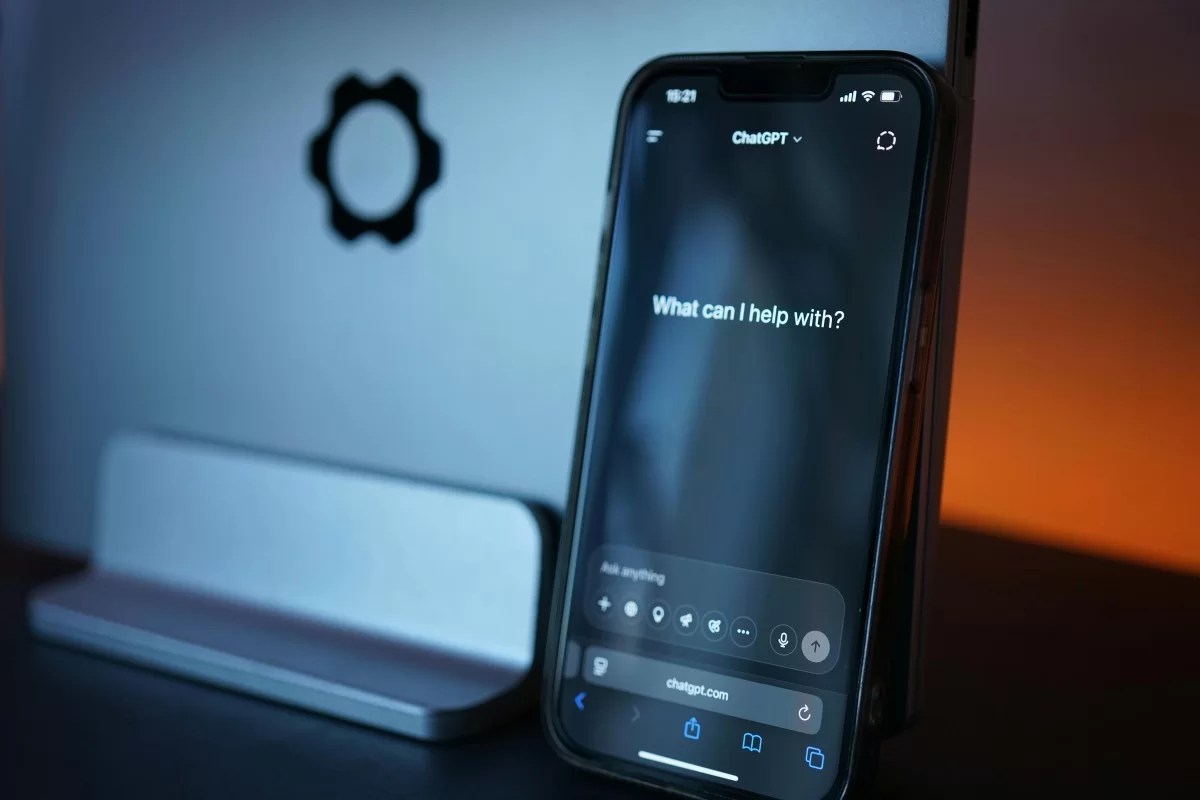
Google has introduced a new feature called AI Overviews to improve the search experience. This feature automatically provides AI-generated summary information at the top of Google search results. Through this, users can quickly grasp key information without having to check each long webpage or multiple results individually.
Additionally, Google is testing a feature called 'AI Mode.' This is a new function that could replace the existing 'I'm Feeling Lucky' button, providing a chatbot-based conversational search experience. When users enter questions, AI will guide them through information conversationally, which is expected to greatly improve the efficiency of information retrieval. These features suggest that Google is seeking to transform the search experience from simple keyword-based searches to 'meaning-based' information exploration.
The Future of Google AI in Pursuing Integrated Services

Google's AI technology continues to make progress in various fields, and these technologies are showing patterns of integration with one another. In particular, the integration strategy centered around the Gemini model is further strengthening Google's AI ecosystem.
Going forward, Google is expected to continuously improve user experience through the advancement of multimodal AI technology, more natural conversational interfaces, and integration with various services. In particular, as there are concerns that Google's search engine market share is being threatened by the strong presence of OpenAI, Perplexity, and others, Google may adopt a strategy to attract users by providing integrated services unique to Google. Additionally, though not yet released to the public, experimental music-related AI technologies are likely to play a significant role in the future through integration with YouTube.
